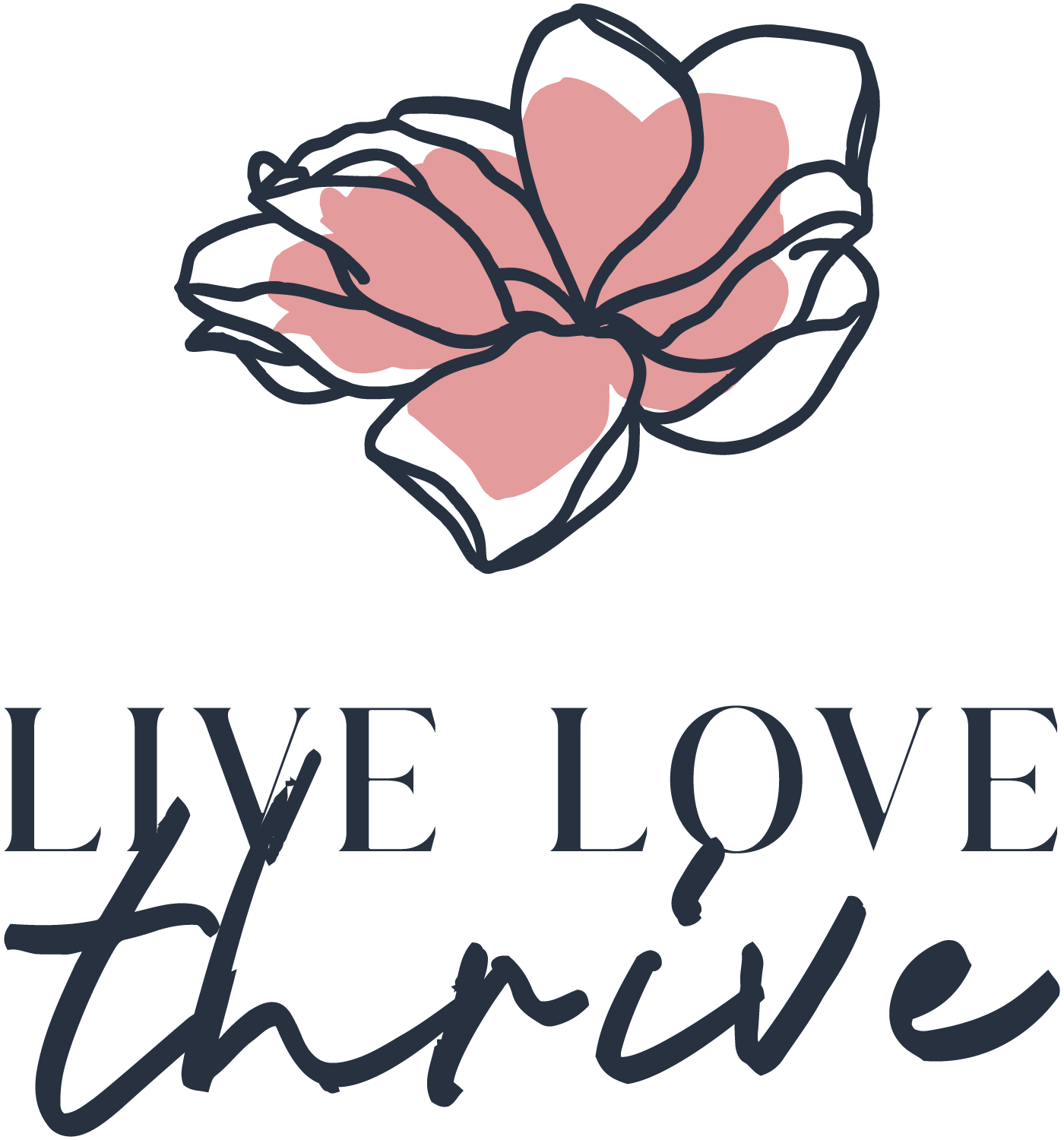
Menopause is a natural stage of life, but for many women, it brings unexpected emotional challenges. One of the most common concerns is anxiety. You may be wondering, does menopause cause anxiety? The answer is yes, for some women, due to hormonal changes, lifestyle factors, and sleep disruptions. Understanding the causes, symptoms, and strategies to manage menopausal anxiety can help you regain calm and balance.
Understanding Anxiety During Menopause
Hormonal fluctuations play a significant role in anxiety during menopause. As estrogen and progesterone levels decline, the brain’s regulation of mood and stress responses can be affected. This is why menopausal anxiety and anxiety in menopause are common experiences.
Other factors that contribute include:
- Sleep disturbances and insomnia
- Stress from life transitions
- Physical symptoms like hot flashes or palpitations
Common Symptoms of Anxiety in Menopause
Recognizing anxiety symptoms is the first step toward managing them. Common signs include:
- Racing thoughts or restlessness
- Difficulty concentrating or memory lapses
- Insomnia or early morning anxiety
- Mood swings, irritability, or panic attacks
- Physical symptoms such as palpitations, tingling, or headaches
Why Menopause Causes Anxiety
The root of anxiety in menopause is often multifactorial. Hormonal changes, particularly low estrogen and progesterone, affect neurotransmitters that regulate mood. Other contributing factors include:
- Stress from life transitions and aging
- Sleep disturbances caused by night sweats or insomnia
- Preexisting mental health conditions
Treatments and Remedies for Menopausal Anxiety
Lifestyle Approaches
- Regular exercise and yoga
- Mindfulness meditation or breathing exercises
- Sleep hygiene improvements
Natural and Supplement Options
- L-theanine for relaxation
- Vitamins and herbal supplements to support mood
Medication Options
- A last resort for managing menopausal anxiety may be anti-anxiety medications or SSRIs prescribed by a doctor. However, by focusing on a holistic and natural approach to your mental and physical health, many women find these medications can often be avoided.
Tips to Cope and Thrive
- Keep a journal to track symptoms
- Engage in supportive communities
- Consider therapy or counseling for persistent anxiety
- Practice daily relaxation techniques and breathing exercises
Thrive FOCUS for Cognitive Support | Lion’s Mane Mushroom for Focus
Frequently Asked Questions About Anxiety and Menopause
Does menopause cause anxiety?
Yes, hormonal changes and lifestyle factors during menopause can trigger anxiety in some women.
Do low hormones of post menopause cause anxiety?
Low levels of estrogen and progesterone after menopause can affect mood regulation and contribute to anxiety.
Does anxiety go away after menopause?
For some women, anxiety may improve once hormone levels stabilize, but others may continue to experience symptoms and benefit from ongoing management strategies.
Do you get anxiety when going through menopause?
Many women report experiencing anxiety during perimenopause and menopause, particularly during periods of hormonal fluctuation or stress.
Does post menopause cause anxiety attacks?
Post-menopause anxiety attacks can occur, especially in women with a history of anxiety or in response to life stressors.
How long does menopause anxiety last?
The duration varies; some women experience anxiety for a few months, while others may have ongoing symptoms throughout post-menopause.
Conclusion
Anxiety during menopause is common and natural, but it doesn’t have to take over your life. By understanding the hormonal causes, recognizing the symptoms, and exploring natural and medical interventions, you can regain balance and thrive through this transition. Consulting a healthcare provider is always recommended if anxiety becomes overwhelming.
LiveLoveTHRIVE Menopause Supplement Shop | Natural Remedies for Menopause: A Complete Guide



